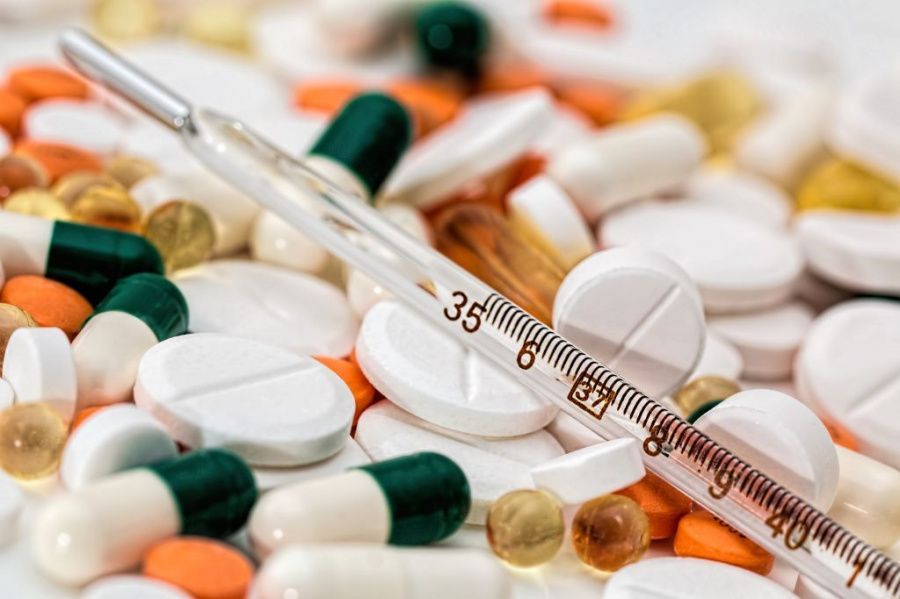Blockchain and Pharmaceuticals: 4 Ways the Tech can Improve Its Performance
Updated: Feb 19, 2021 at 15:28

Despite blockchain technology being nascent, it has already seen wide adoption in various fields outside cryptocurrency. The pharmaceutical industry is currently exploring the tech to improve its performance and add value.
Improving the supply chain
Just like any other industry, the pharmaceutical industry has its own supply chain that ensures the choice of raw materials and their movement to the production and then to drugstores. However, the COVID-19 pandemic and lockdowns made it difficult to track all stages of the chain.
Using blockchain solutions for optimising supply chains is far from being new. Numerous industries have tested or implemented the tech to ensure transparency and traceability of their chains. For instance, the Italian agri-food sector has been widely implementing blockchain for a couple of years already.
In the pharmaceutical industry, tracking all stages of the supply chain can be vital for ensuring proper quality of medicines. For instance, the wrongly chosen ingredients or violations in the production process can cause irreparable harm to human health. For this reason, the world’s pharmaceutical giants like Pfizer and Sanofi are exploring the potential of blockchain to fix the problem.
Ensuring the authenticity of medicines
The pharmaceutical market has been facing problems with counterfeit goods for ages. Again, ensuring the authenticity of medicines may cost people’s lives. Back in summer, CoinIdol, a world blockchain news outlet reported an 800,000 fake masks batch intercepted in Australia. The same thing is with medicines. Fakes are being delivered to pharmacies in various countries. Developing countries suffer from this significantly.
With blockchain, all the data are registered within a distributed ledger, impossible to change or forge. In this way, it is much easier to ensure the authenticity of goods. Now, with all the fuss around the COVID-19 vaccine, such solutions might be particularly relevant. There is a great number of fakes expected to enter the market to trick people out of their money.

Speeding up clinical tests
When all stages of clinical trials are recorded to the blockchain, data can be easily traced, accessed and verified. Besides, the security and decentralized nature of the tech excludes the possibility of forging the data.
In such a way, the entire cycle of trials can be reduced, thus making the new medicines enter the market faster. Sometimes, it can also save people’s lives. Besides, the tech might make it easier for regulators to check and approve new medicines or vaccines before they enter the market.
Some acting solutions like FarmaTrust employ blockchain-based mobile apps that support the entire testing process - from patients’ notification of the time to take medicine to a detailed recording of their response to the treatment.
Patient data registry
Detailed tracking of the patients’ data including the history of disease and treatment can improve the quality of healthcare. This is especially relevant for people suffering from rare diseases. As this category of patients is generally minor, pharmaceutical companies and research institutes often lack data on symptoms and effective means of treatment.
Startups like Humanscape offer blockchain-based solutions to record patients’ data including the symptoms, the history of treatment, the medicine used and the effect they caused, as well as genetic test results. These data are then accessed by research institutes and companies to study and improve the way this or that disease is treated.
Currently, there are over 145 working blockchain-based solutions for pharmaceutics, according to StartUs research blog. Considering the rapid digitization and the growth of interest in nascent technologies, the number of new solutions is expected to grow further as the existing ones prove to be effective.
Price
Price
News
News
Coin expert

(0 comments)